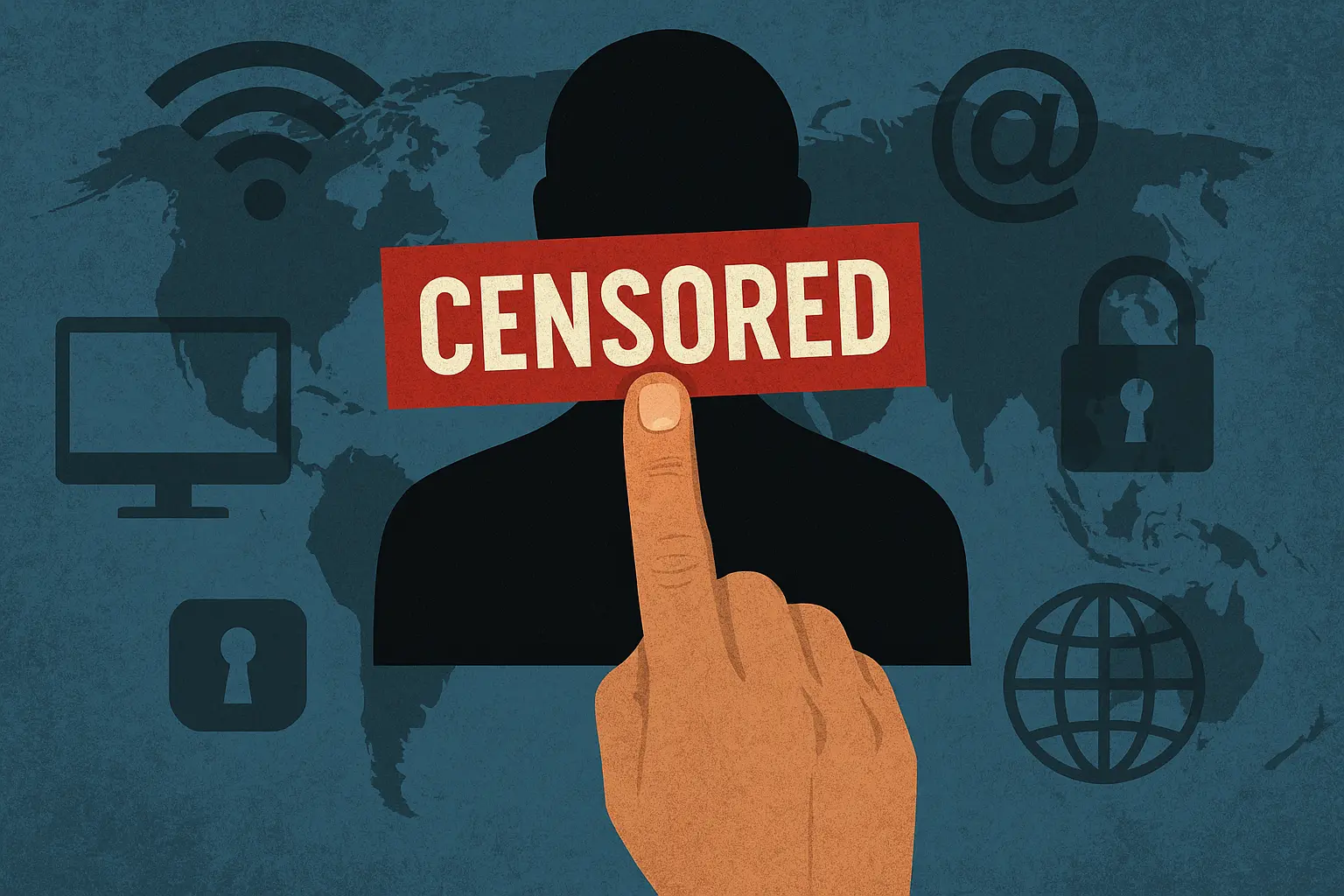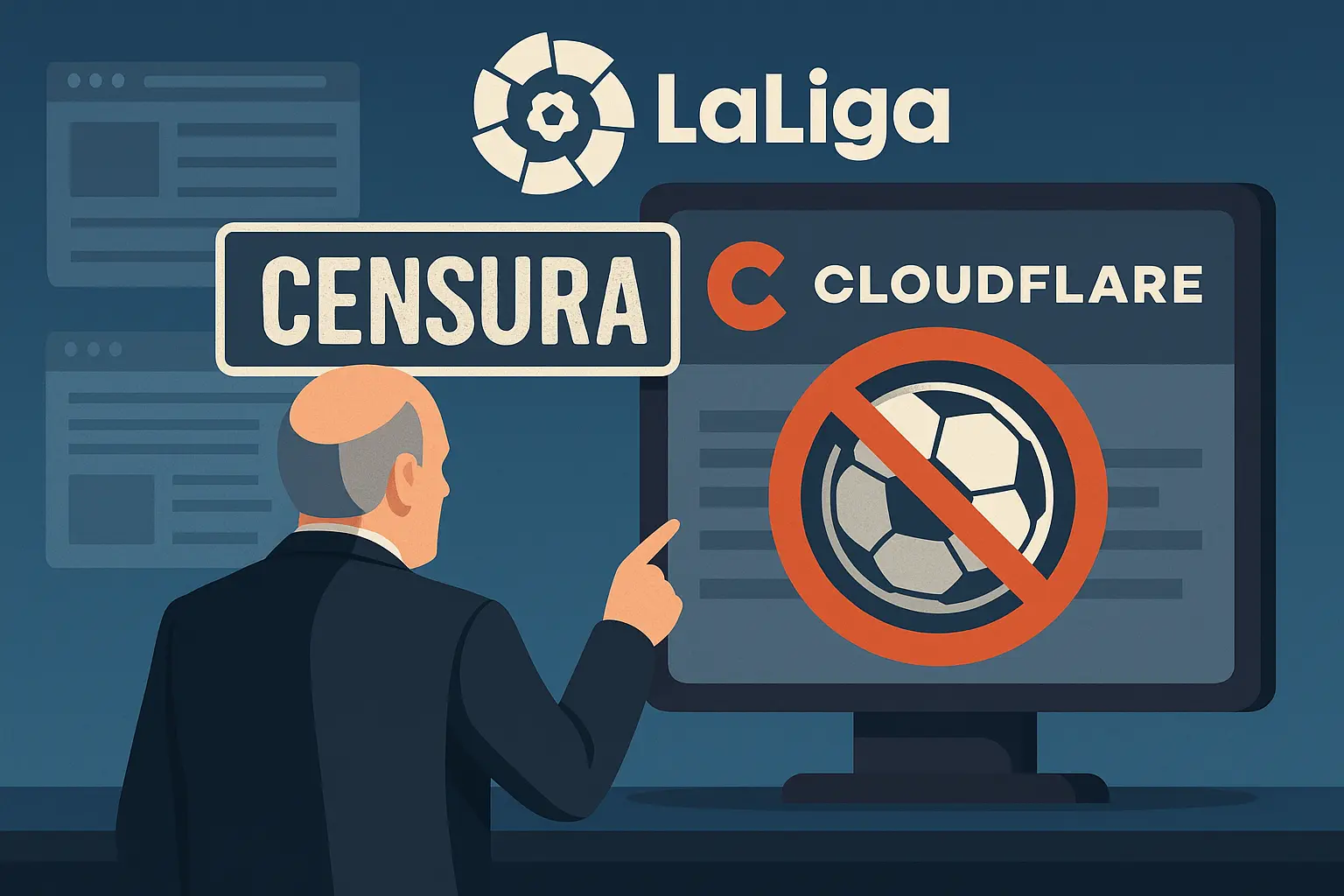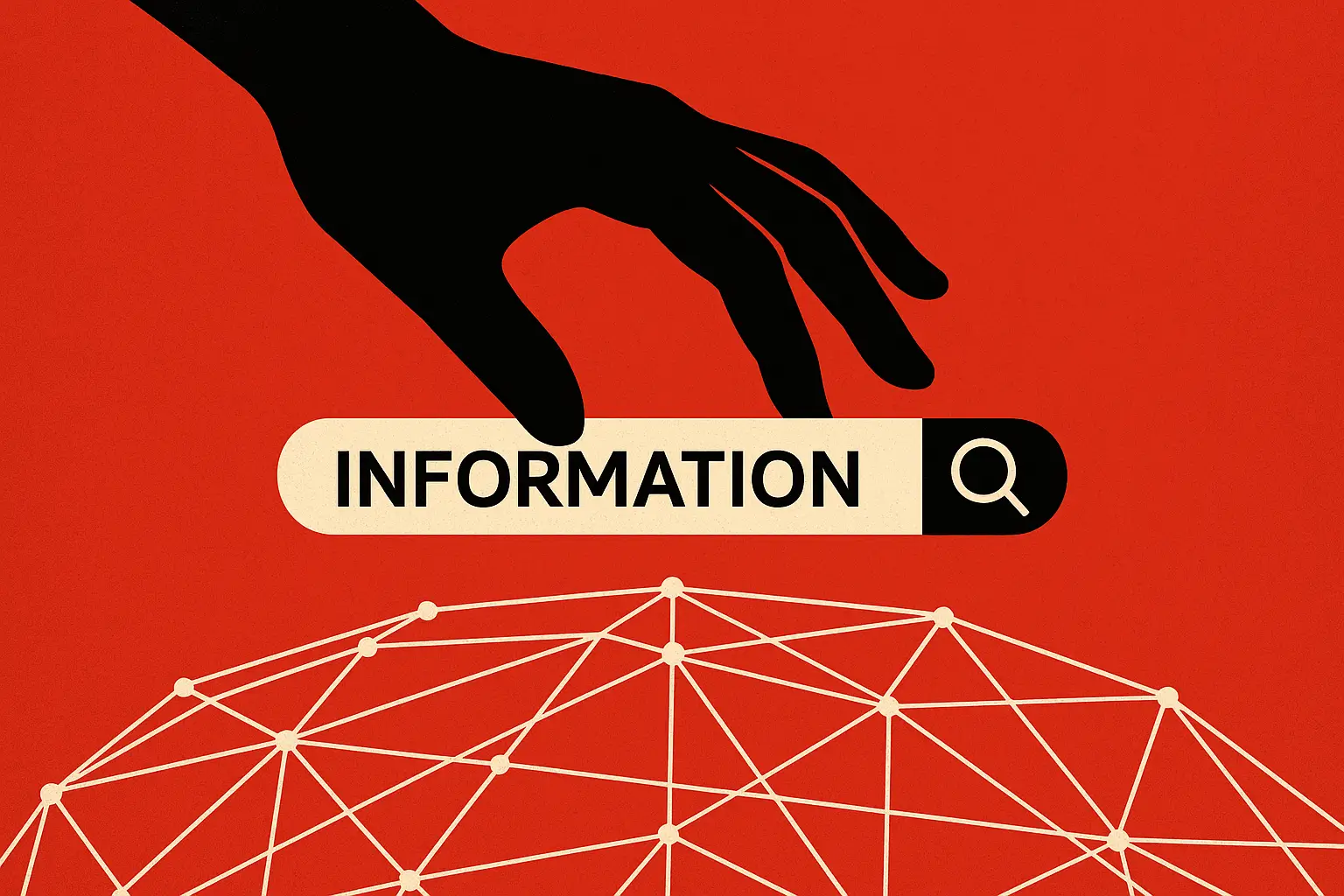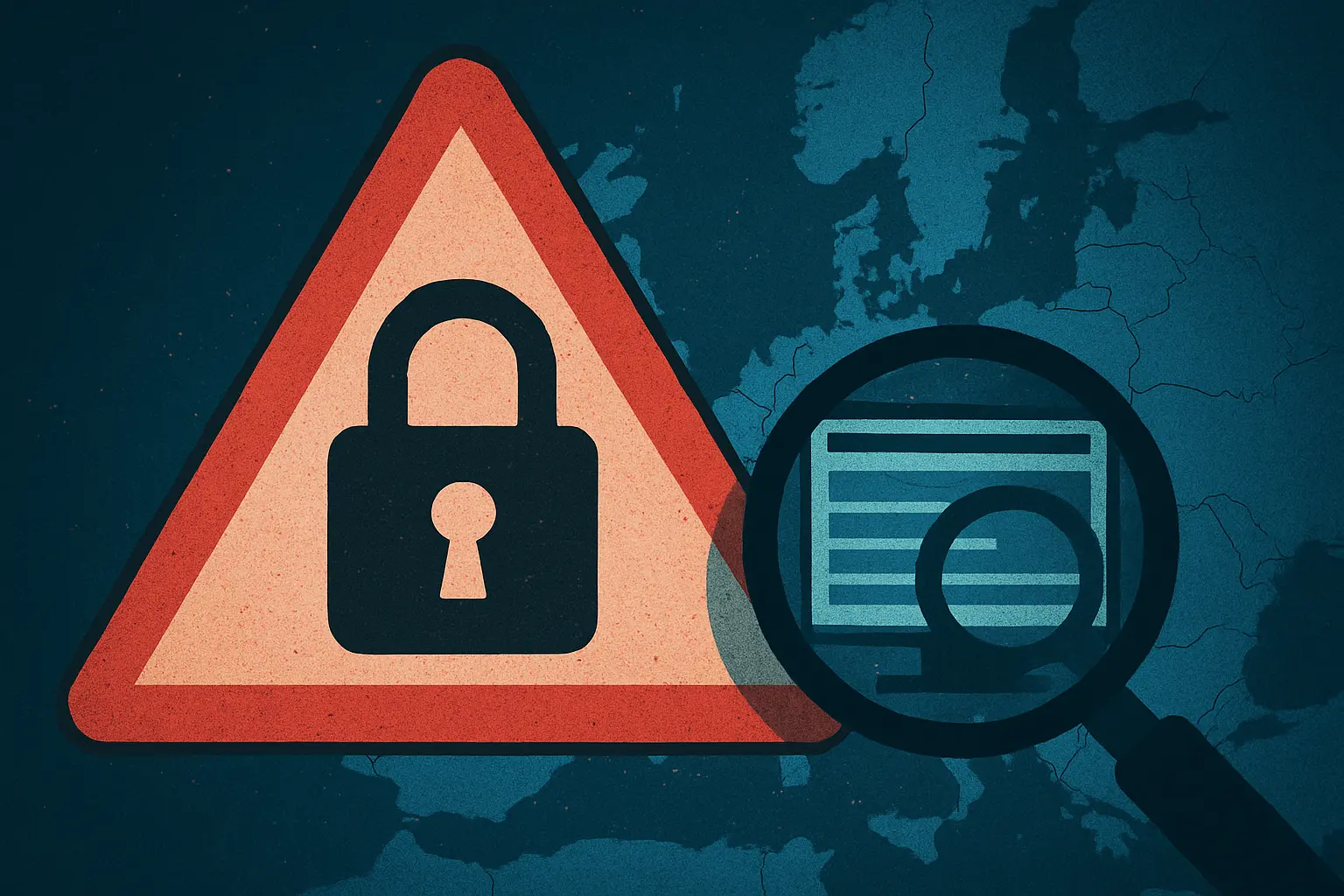Europe against VPNs and privacy: What are Spain, Italy, and France up to?
Let's start at the beginning... You're probably wondering what a VPN is . Well, a VPN (Virtual Private Network) is a tool that protects your privacy on the Internet . Think of it this way: when you browse without a VPN, it's like sending postcards through the mail: anyone along the way (like your Internet provider or a government) can read what it says. In contrast, when you use a VPN, it's like sending your data inside a locked safe: only you and the recipient have the key to open the box and know what's inside.
Additionally, a VPN changes your IP address (a kind of license plate that identifies your connection), so you can pretend you're browsing from another part of the world. That's why they are so popular for accessing content restricted by your country of residence or browsing without being tracked.
There are two types of VPNs:
- Own VPN: you set it up yourself at home, for example, on a server or a NAS. It's ideal for securely accessing your equipment on your local network from outside your home, but it doesn't hide you from the world, as it still uses your home IP. At Digitel Empresas, we can help you set up your own VPN to access your devices and files remotely and securely.
- Third-party VPN: professional services (like NordVPN, Surfshark, etc.) that let you connect from servers in other countries and completely hide your identity. These are the ones in the spotlight in Europe.
What is happening in Europe
Italy: mandatory physical offices and traffic control
Italy already had a system called Privacy Shield , similar to the one used in Spain, which allows for blocking pirated live streams in just 30 minutes. But now it goes further: they want to force VPN companies or DNS services (which help hide your IP) to have a physical office and staff in the country . Additionally, they would have to monitor traffic to differentiate between legal and pirated websites.
This poses a problem for several reasons:
- Many VPNs lack the financial or logistical capacity to open offices in every country.
- It goes against their basic principle: not keeping logs or spying on their users.
- It would also affect services like Cloudflare or WARP (from Apple and Cloudflare), which protect websites from attacks but also mask IPs.
France: the Hadopi law and the harassment of VPNs
Since 2009, France has had the Hadopi law, which worked by warnings: if you were caught downloading pirated content, you were first warned, and if you reoffended, your connection was cut off and you were fined.
Now, they want to go further, with a new law that forces VPNs themselves to spy on and cut off pirated traffic . In other words, turning them into Internet police. This has caused services like OpenDNS (from Cisco) to leave the country.

Spain: the shadow of Italy and France... and the gaze of Tebas
Although Spain has not yet passed laws as aggressive as those in Italy or France, the movements happening here are heading in a very similar direction. And one of the main drivers of these measures is Javier Tebas , president of La Liga , the entity that manages the rights of professional football in Spain.
The conflict with Cloudflare
For months, La Liga has been pushing to block pages that illegally stream football matches . To do this, they often target services like Cloudflare directly , which do not host illegal content but do help protect the identity of websites, both legal and illegal, through IP masking.
The problem is that by cutting off IP addresses associated with Cloudflare , they are also blocking many completely legal websites that use their services to protect their identity and prevent attacks, creating real chaos on the network. Some companies have seen their website stop working without warning, without having committed any infringement.
A way to apply pressure on VPNs
These types of blocks not only affect Cloudflare but also set a worrying precedent . The idea that technological intermediaries can be forced to filter content, scan traffic, or respond to court orders in minutes is the basis of the same argument that is intended to be applied against VPNs : if they don't like something or it goes off-script, it must be eliminated.
Tebas has already publicly stated that he is closely following what is happening in Italy and France , and if those measures work, they will also be adopted in Spain . Everything seems to indicate that it is not just a matter of protecting football, but an excuse to normalize control over Internet traffic .

Is it really about piracy?
Piracy is a problem, yes, but the proposed measures go far beyond combating it. Forcing VPNs to log their users' activity or shut down if they don't cooperate puts everyone's privacy at risk , not just those who commit crimes.
The paradox is clear: those who really want to do bad things will always find a way to bypass barriers. VPNs are not a 'criminal's weapon'; they are a tool that more and more citizens use to protect themselves from espionage, mass tracking, or censorship in a specific geographical area .

What is behind this movement?
The fight against VPNs is not just about piracy. It's about information control . As Ursula Von Der Leyen said at the Davos Forum, Europe wants to combat disinformation. But at what cost?
If other measures such as the European digital identity and the digital euro (CBDC) are implemented, as is expected soon, we could see a future where:
- Every Internet connection requires personal identification.
- All your online activity is recorded.
- Your movements, tastes, and even opinions are controlled.
And if there are no VPNs, there will be no way to protect oneself or maintain anonymity.
In countries like China, VPNs are already banned outright under the excuse of security. But we all know how these types of countries work and their true objective: to control what people see and think .
